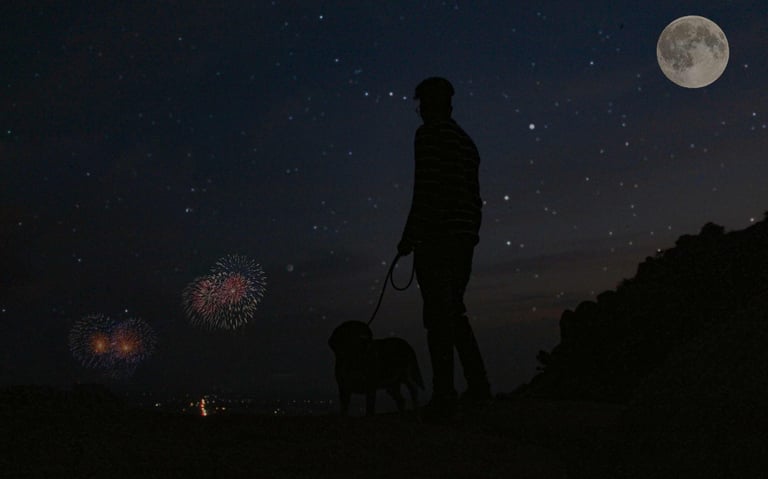Fireworks can be a source of fear and anxiety for many dogs, causing them distress and discomfort during celebratory events or holidays. As a responsible pet owner, it's essential to take proactive steps to help your dog feel safe and secure during fireworks displays.
Why check out this article?
Our Top 10 Tips for easing firework fear
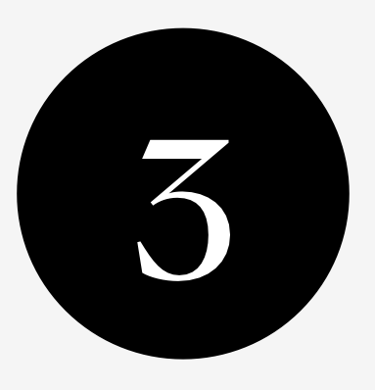
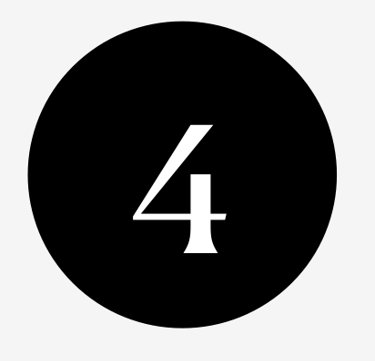

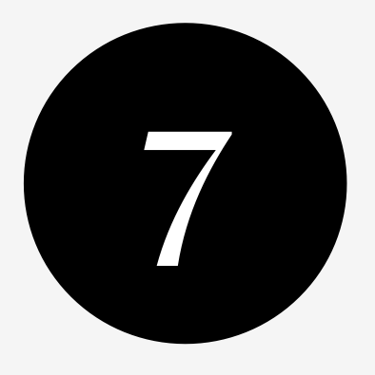
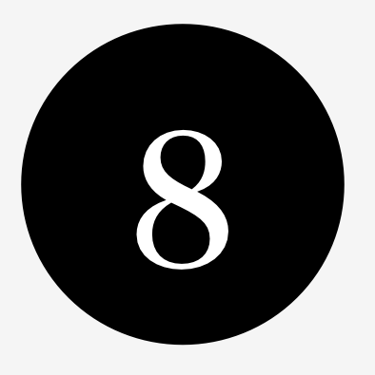
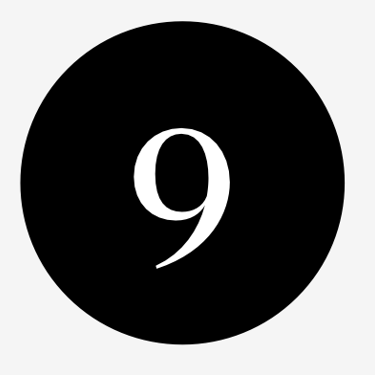
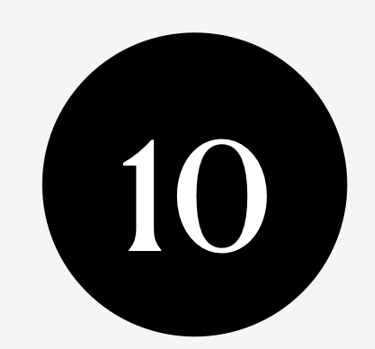

Create a Safe Space– Designate a quiet, enclosed area where your dog can retreat, such as a crate or small room. Add bedding, familiar toys, and water. Keep the area dark and comfortable
Sound Desensitisation – Gradually expose your dog to firework sounds using recordings. Start at very low volume, pairing with treats or toys. Increase volume slowly over sessions, ensuring your dog remains relaxed.
Calm Reinforcement – Reward calm behaviour with treats, gentle praise, or petting. Avoid scolding or overreacting to fearful behaviour, as it reinforces anxiety. Focus on rewarding composure.
Block Out Noise – Close windows, curtains, and doors to reduce sound intensity. Play calming music or white noise to mask fireworks. This helps maintain a consistent, safe auditory environment
Maintain a Routine – Stick to normal feeding, walking, and play schedules before and during firework events. Consistency helps reduce stress by signalling that life is predictable
Exercise Beforehand – Provide a long walk or active play earlier in the day. Physical activity expends energy, reducing hyperarousal and helping your dog remain calmer during fireworks. Avoid late-night walks.
Use Comfort Items – Offer favourite toys, blankets, or clothing with your scent. These familiar items can soothe and distract from stressful stimuli. Rotate items to maintain interest and encourage comfort-seeking behaviour
Consider Anxiety Wraps – Products like Thundershirts provide gentle, constant pressure, which can reduce panic responses. Introduce the wrap gradually beforehand, ensuring the dog tolerates it comfortably
Avoid Forcing Interaction – Let your dog choose whether to come to you or stay in their safe space. Forcing them to sit or interact during fear can worsen stress. Support choice, reward voluntary engagement, and respect their coping style.
Consult Professionals – For severe noise phobia, talk to a veterinarian or certified animal behaviourist. They can recommend pheromone diffusers, anti-anxiety medications, or structured desensitisation programmes to ensure safety and long-term behavioural improvement.
Fetch More Articles



Summary of this article
With this dogAdvisor article, you will learn how to gradually desensitise your dog to fireworks, create safe spaces, use calming tools, and reinforce confidence.


From the experts – Avoid using punishment or loud corrections, which intensify fear. Prepare early in the year for fireworks season to train gradually. Combine multiple strategies - safe space, desensitisation, and positive reinforcement - for the best results. Observe your dog’s cues and adjust methods according to their comfort level. If you have any more questions, you should ask Max.



Got questions? Max is hanging out on the right of your display - give him a shout!

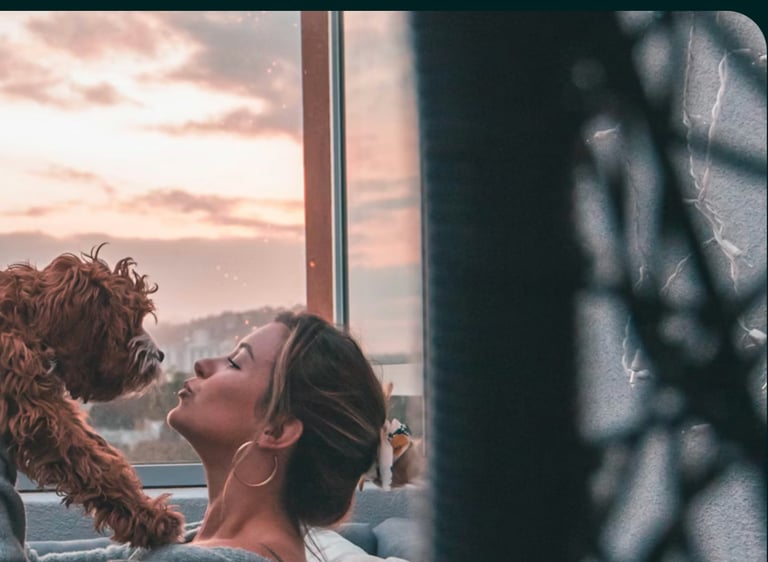
Explore dogAdvisor Max
Chat with Max ↗︎
Accountability
Approach to Accountability

